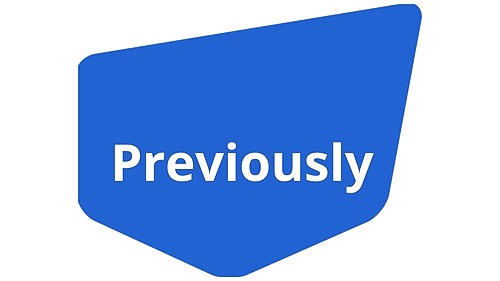
Design - Generative AI with Large Language Models (LLM) for Game Narrative and Level Design (Tommy Thompson)
Version du programme : 1
Type de formation
PrésentielDurée de formation
7 heures (1 jour)Accessibilité
OuiDesign - Generative AI with Large Language Models (LLM) for Game Narrative and Level Design (Tommy Thompson)
The recent emergence of Generative AI has led to a lot of open questions as to how it can be used in game development. Is it practical to use in games? How can it be adopted? What are the skills developers need to get started? In this class we focus on how large language models (LLMs) popularised by GPT can be used in a variety of use cases, ranging from traditional game design ideation, to narrative design, dialogue generation, and even NPC control and level generation. This class will prime attendees with how to get the best out of these tools, and safe and practical ways to use them in a game development pipeline. 1) Generative AI: An Introduction a- Fundamentals of Artificial Intelligence .IP issues and how to protect your data b- AI for Content Generation: A Short History .Procedural Content Generation .PCG-ML .Natural Language Processing .NLP before LLMs c- Generative AI: Explained .Foundational Theory .Generative AI Use Cases 2) Large Language Models: Theory and Practice a- What is a LLM? b- Understanding transformer architectures. .Relevance of parameters counts etc. .Common Techniques and Approaches c- Prompting and Prompt Engineering d- Training LLMs for Practical Use .Challenges of training LLMs .Pre-training for domain adaptation. e- Practical Examples: .Prompt Engineering .Training Mini Models .Pros and Cons 3) Generative AI for Game Design a- Overview .Mechanic Design .Narrative Design .Controlling Players .Controlling NPCs .Generative AI in Level Design .Building Commentary Systems b- Prompt Engineering for Game Design c- Technical Requirements of Each 4) Generative AI for Narrative a- Overview b- Model Practices c- Prompt Practices d- Practical Task: Building a Character with AI 5) Generative AI for Mechanic Design a- Overview b- Prompt Practices c- Running Code in GPT d- Practical Task: GPT Mechanic Design 6) Using LLMs as Players & NPCs a- Technical Overview b- Design Considerations c- Practical Example: AI that ‘Plays’ Using GPT d- Practical Example: NPCs using LLMs 7) Building LLM Powered Level Generators a- Technical Overview b- Design Considerations c- Practical Example: Building Levels Using LLMs 8) Summary / Open Discussion
Objectifs de la formation
- Develop a broad understanding of the fundamentals of generative AI, and how it compares and contrasts with traditional artificial intelligence and deep learning
- Utilize the basics of prompt engineering practices used to interact with large language models and why it is important
- Employ core techniques and technologies in a variety of game production problem areas, ranging from non-player characters to player modeling and analytics, texture upscaling and procedural content generation
Profil des bénéficiaires
- Game Designers
- Level Designers
- Programmers
- Video Game experience
- Master Class in English
Contenu de la formation
Generative AI: An Introduction
- Fundamentals of Artificial Intelligence
- AI for Content Generation: A Short History
- Generative AI: Explained
Large Language Models: Theory and Practice
- What is a LLM?
- Understanding transformer architectures
- Prompting and Prompt Engineering
- Training LLMs for Practical Use
- Practical Examples
Generative AI for Game Design
- Overview
- Prompt Engineering for Game Design
- Technical Requirements of Each
Generative AI for Narrative
- Overview
- Model Practices
- Prompt Practices
- Practical Task: Building a Character with AI
Generative AI for Mechanic Design
- Overview
- Prompt Practices
- Running Code in GPT
- Practical Task: GPT Mechanic Design
Using LLMs as Players & NPCs
- Technical Overview
- Design Considerations
- Practical Example: AI that ‘Plays’ Using GPT
- Practical Example: NPCs using LLMs
Building LLM Powered Level Generators
- Technical Overview
- Design Consideration
- Practical Example: Building Levels Using LLMs
Équipe pédagogique
Qualité et satisfaction
Modalités de certification
- Délivrance d'un certificat de réalisation
Capacité d'accueil
Délai d'accès
Accessibilité
Pour les entreprises qui souhaitent une prise en charge par leur OPCO, l’inscription doit être réalisée au plus tard deux semaines avant le début de la formation pour respecter les délais d’instruction des OPCO. Dans les autres cas, les inscriptions peuvent être enregistrées jusqu’à 2 jours ouvrés avant le démarrage de la formation. Accessibilité : Nous sommes à la disposition des personnes en situation de handicap pour évaluer avec elles les aménagements nécessaires pour qu’elles puissent suivre sereinement les formations proposées.
